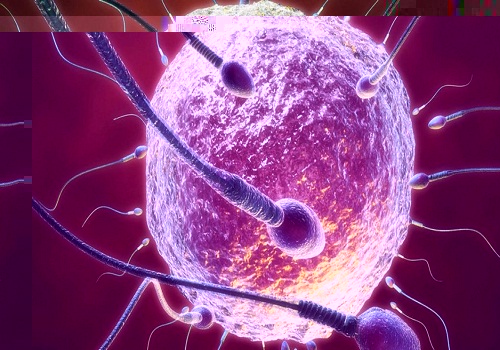Senior author Dr. Tony Perry, from the Department of Biology & Biochemistry at Bath, and colleagues publish their findings in the journal Nature Communications. In the traditional sense, fertilization occurs when a sperm meets a female egg. Once this occurs, the egg “reprograms” the sperm, whereby various chromosomal and DNA changes occur that enable the sperm to divide and produce the specialized cells that make up an organism – a process known as totipotency.
Since the fertilization process was first unraveled in the late 1800s, scientists have long believed that only an egg has the ability to reprogram a sperm in order to trigger embryonic development. Previous studies have shown it is possible to “trick” a non-fertilized egg into forming an embryo, creating what are called parthenogenotes. However, because these embryos are absent of sperm, which is key for development, they have not survived more than a few days.
Source:MWN

 For the first time, a study shows that female eggs may not necessarily be required to create offspring; scientists from the University of Bath in the United Kingdom have developed a technique that involves using sperm to fertilize embryos instead of eggs, and the method has resulted in the birth of healthy baby mice.
For the first time, a study shows that female eggs may not necessarily be required to create offspring; scientists from the University of Bath in the United Kingdom have developed a technique that involves using sperm to fertilize embryos instead of eggs, and the method has resulted in the birth of healthy baby mice.




